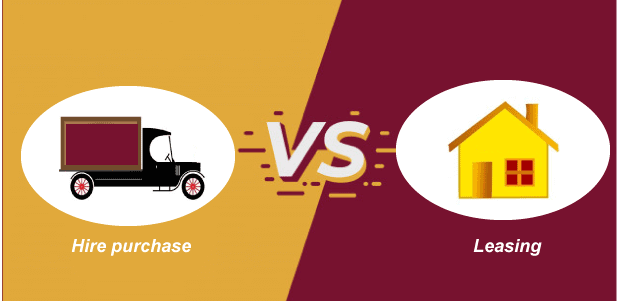When in the market for high-value assets, one will be eager to learn their options. In cases where one has all the cash, they will only be required to find the right dealer to pay and acquire the assets that they need. However, not all buyers will have all the cash upfront. Hire purchase and leasing are some of the best options to acquire and use assets for buyers who do not have all the cash upfront.
How hire purchase works
If you are looking for expensive assets such as mobile phones, Smart TVs, furniture, and kitchen appliances, hire purchase is one of the options you need to consider. A hire purchase agreement allows you to only pay for a fraction of the cost of the goods. The balance is spread out in the form of installments which can be daily, weekly, or monthly payments.
How leasing works
Leasing is also a good option for assets that one cannot afford to purchase outright. When you sign a lease agreement, you acquire the assets you need immediately and you are allowed to use it. One will need to pay monthly rentals to the owner of the assets until the end of the lease agreement.
Leasing vs. hire purchase
While lease and hire purchase agreements allow one to acquire assets that they cannot purchase outright, they differ in some areas. Here are the key differences.
· Down payments
In hire purchase, one has to pay a deposit to acquire the assets they intend to hire. This is usually around 10% or more of the total cost of the asset. Leasing on the other hand doesn’t require paying a deposit.
· Installments
Hire purchase contracts are designed to make one the owner of the asset at the agreement. The installments are set depending on the principal amount and interest. In leasing, the installments are set on the basis on the cost of utilizing the asset.
· Duration
Lease agreements can last several years. At the end of the lease agreement, the lessee and the lessor can extend the agreement. On the other hand, a hire purchase agreement only lasts months, and in a few cases years.
· Maintenance and depreciation
When one acquires good on hire purchase terms, they take charge of repairs and maintenance of the assets. In the case of lease agreements, repairs, and maintenance can be in the hands of the lessor or lessee depending on the lease type.
· Transfer of ownership
At the end of a hire purchase agreement, the buyer becomes the owner of the assets after paying the last installment. In the case of a lease contract, one can return the items, extend the agreement, or pay a nominal fee to acquire the assets, depending on the agreement.
Follow Kenya Credit Traders for the best hire purchase deals in Kenya.




